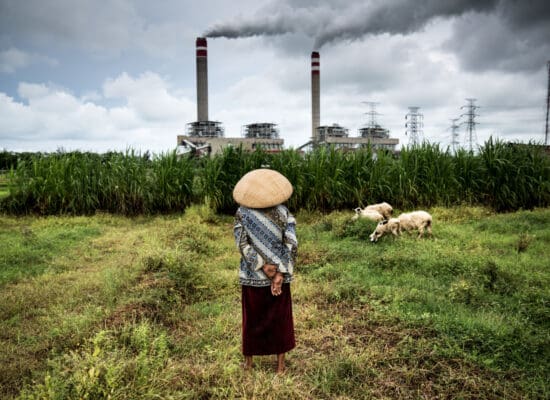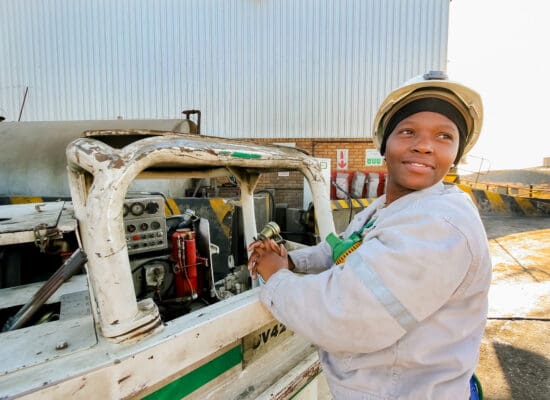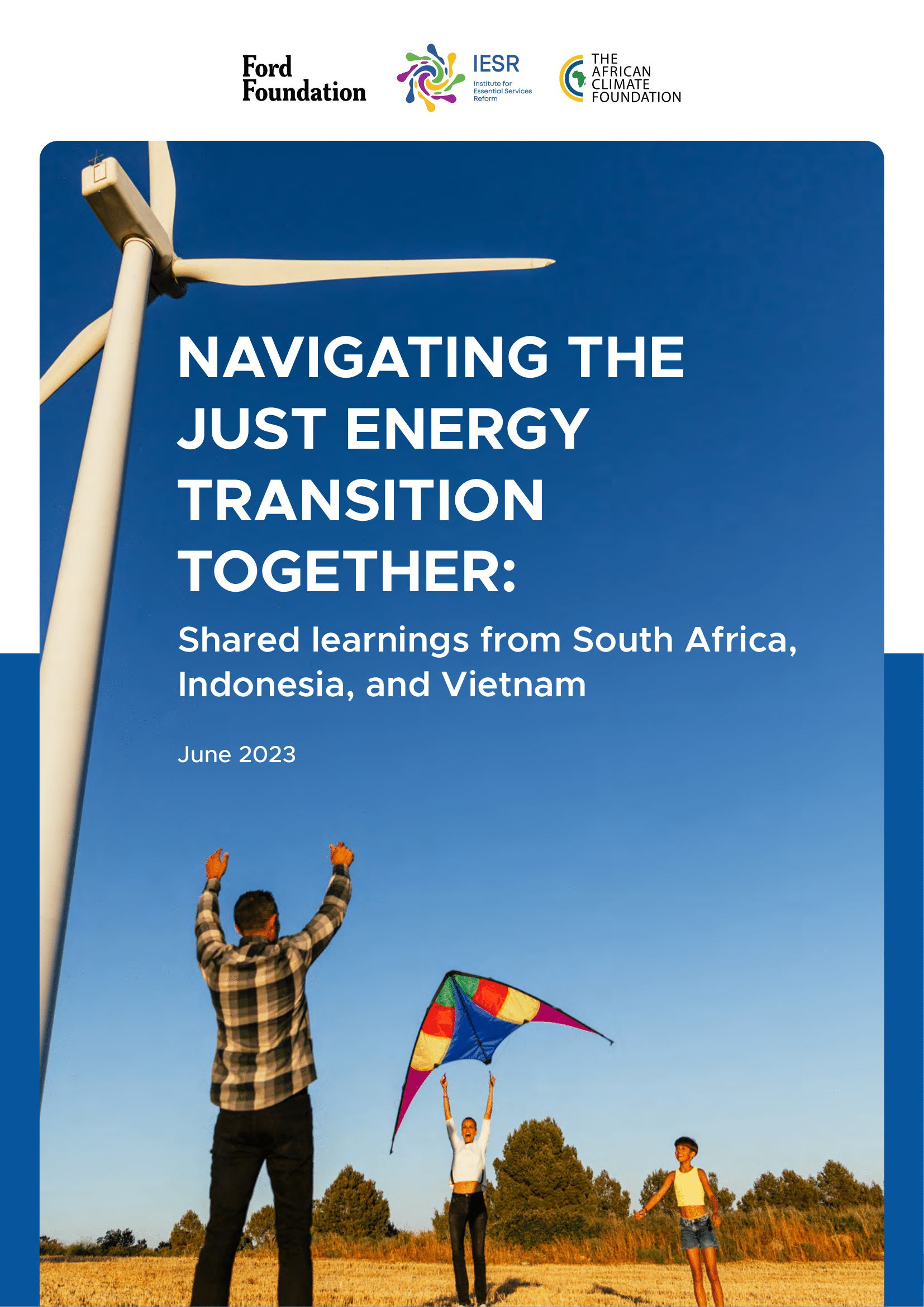
As Indonesia reached a set of deals with international partners to support the country’s transition to cleaner energy, criticism emerged around inclusivity. Despite its well-intentioned aims, energy transition is often seen as an elite, top-down agenda that lacks inclusive engagement with local players.
The high-profile Just Energy Transition Partnership (JETP)—supported by the International Partners Group (IPG) of developed countries including the United States, Japan, and the European Union—carries the “justice” concept in its name, highlighting fair access to funding for developing nations. The concept of justice also guides how the transition impacts on vulnerable groups, Indigenous communities, and the local economy are managed.
A frequent criticism of the JETP since the beginning has been its limited inclusion of local governments. Under the JETP Comprehensive and Investment Policy Plan (CIPP), officially released in November 2023, Indonesia agreed to retire some of its coal-fired power plants early. This has left the relevant regional governments scratching their heads. Questions were soon raised about how to address the impacts, such as job transition, asset repurposing, and fiscal readiness. It is concerning that the decision to close coal-fired power plants did not involve the relevant local governments: their unique understanding of their respective regions is important for developing an adequate response to these challenges.
In many cases, local governments and policy-makers only found out about the JETP from news reports.
In addition, Indonesia has a lengthy and complex coal supply chain that requires tailored attention. As a sprawling archipelago, the country sources coal from remote areas in Sumatra and Kalimantan to meet the high demand for electricity on its populous islands such as Java. Amid the inevitable energy transition, the regions where coal is extracted will eventually be affected by the anticipated reduction in coal use. The national governments need to reach out to these regional governments across the chain so they can start preparing for the transition. Currently, many coal regions are not aware of the JETP or involved in formulating the principles that should underpin a just transition in their regions. In many cases, local governments and policy-makers only found out about the JETP from news reports.
It is also concerning that the JETP financing scheme largely excludes local players, including regionally owned enterprises (BUMD), village-owned enterprises (BUMDes), and cooperatives. These small entities are often involved in managing off-grid renewable plants, spearheading the clean energy transition across rural regions. Funding commitments are limited to baseload or large-scale energy projects, despite the fact that the CIPP stresses variable renewable energy, like wind and solar projects, as an investment priority. This caution in funding small-scale businesses by IPG countries and multilateral development banks reflects the general conversation regarding the clean energy transition in Indonesia, which is heavily centred around capital-intensive projects.
So far, the grant portion of the funds channelled to Indonesia through the JETP for the benefit of local government and communities is still relatively small. Structural changes to the funding scheme are therefore required to ensure JETP financing can reach renewable projects at the community level. Moreover, the JETP should increase the allocation of its grants to build more technical expertise within communities, including developing regional policies for the bureaucratic apparatus.
Consequently, the JETP should not function merely as a marketplace where potential funders select proposals and meet with project implementers. The suggested reforms in the financial architecture, however, would transform the JETP from a donor-driven agenda into a bottom-up initiative that can deliver on its promise of just energy transition. Furthermore, the JETP Secretariat needs to step up its engagement with impacted groups by establishing a new working group consisting of local governments, trade unions, associations of micro and small enterprises, and local communities. The current working group network neglects key regional stakeholders in favour of donor-driven interests, and the JETP Secretariat must therefore provide opportunities for sharing technical knowledge with affected communities.
The JETP Secretariat needs to step up its engagement with impacted groups by establishing a new working group consisting of local governments, trade unions, associations of micro and small enterprises, and local communities.
Another important aspect of a successful transition is the fiscal outlook for coal regions. This requires reforms to remove the reliance on coal revenue sharing funds (or Dana Bagi Hasil) and to identify new sources of economic growth. So far, the revenue sharing funds from coal-mining profits have not been sufficiently allocated to activities that help prepare the regions for the impacts of upcoming coal mine closures. Through these policy reforms, the JETP can trigger changes in fund distribution between the national and regional governments, allowing local leaders to play a bigger role in energy planning.
An inclusive and transparent JETP process can result in win-win solutions and get local governments and other relevant actors on board with energy transition plans. This will be vital to ensuring that the justice elements of the transition are truly upheld.
Bhima Yudhistira is Executive Director at the Center of Economic and Law Studies (CELIOS), an Indonesian think tank focusing on macroeconomics, public policy, and energy transition.
Stay Informed and Engaged
Subscribe to the Just Energy Transition in Coal Regions Knowledge Hub Newsletter
Receive updates on just energy transition news, insights, knowledge, and events directly in your inbox.


